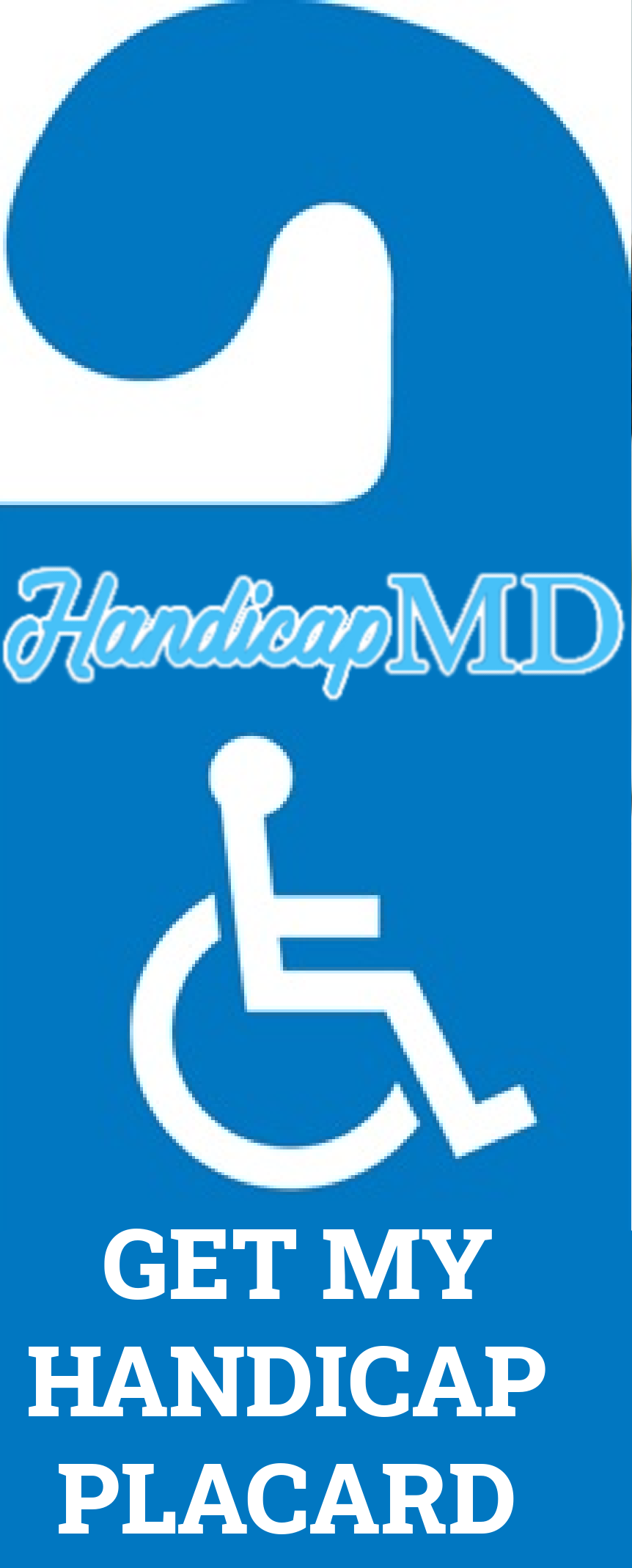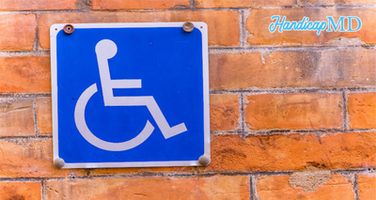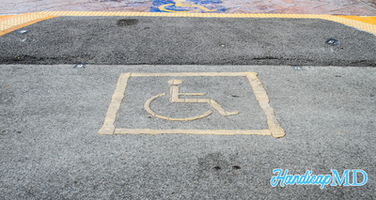
Respiratory Conditions: Qualifying Conditions for a DMV Handicap Parking Placard
Introduction
When it comes to individuals with respiratory conditions, going about daily activities can be challenging. Breathing difficulties can significantly impact mobility and make it difficult to walk long distances. To address this issue, the Department of Motor Vehicles (DMV) offers handicap parking placards for individuals who meet the qualifying conditions. In this article, we will explore the qualifying conditions for obtaining a DMV handicap parking placard for respiratory conditions and provide essential information to help individuals navigate the process.
What is a DMV Handicap Parking Placard?
A DMV handicap parking placard is a special permit issued by the Department of Motor Vehicles to individuals with qualifying conditions that significantly impair their mobility. The placard allows them to park in designated accessible parking spaces, which are located closer to entrances and facilities, making it easier for them to access the necessary services. Handicap parking placards provide convenience and accessibility to those who need them, ensuring that individuals with respiratory conditions can manage their daily activities with greater ease.
Qualifying Conditions for a DMV Handicap Parking Placard
To obtain a DMV handicap parking placard for respiratory conditions, individuals must meet specific qualifying conditions. These conditions are established to ensure that the placards are issued to those who genuinely require them. The qualifying conditions for a DMV handicap parking placard for respiratory conditions include:
1. Chronic Obstructive Pulmonary Disease (COPD)
Individuals diagnosed with chronic obstructive pulmonary disease (COPD) are eligible for a DMV handicap parking placard. COPD is a chronic respiratory condition characterized by airflow limitation, making it difficult to breathe. People with COPD often experience symptoms such as shortness of breath, coughing, and wheezing. The DMV recognizes the challenges faced by individuals with COPD and provides them with the necessary support through handicap parking placards.
2. Asthma
Asthma is a common respiratory condition that affects the airways, leading to breathing difficulties. Individuals with asthma may experience recurring episodes of wheezing, coughing, chest tightness, and shortness of breath. The DMV considers asthma as a qualifying condition for a handicap parking placard, acknowledging the impact it can have on an individual's ability to walk long distances.
3. Pulmonary Fibrosis
Pulmonary fibrosis is a progressive lung disease that causes scarring of the lung tissues, leading to breathing difficulties. Individuals with pulmonary fibrosis often experience shortness of breath, a persistent dry cough, fatigue, and chest discomfort. Due to the debilitating nature of this condition, individuals with pulmonary fibrosis can apply for a DMV handicap parking placard.
4. Cystic Fibrosis
Cystic fibrosis is a genetic disorder that primarily affects the lungs, causing the production of thick and sticky mucus. This mucus obstructs the airways, making it challenging to breathe. Individuals with cystic fibrosis often experience persistent coughing, frequent lung infections, and shortness of breath. The DMV recognizes the impact of cystic fibrosis on mobility and grants handicap parking placards to eligible individuals.
5. Chronic Bronchitis
Chronic bronchitis is a type of COPD characterized by inflammation and irritation of the bronchial tubes. Individuals with chronic bronchitis often experience a persistent cough with mucus production, shortness of breath, and chest discomfort. Due to the chronic and debilitating nature of this condition, individuals with chronic bronchitis can qualify for a DMV handicap parking placard.
6. Pulmonary Hypertension
Pulmonary hypertension is a type of high blood pressure that affects the arteries in the lungs and the right side of the heart. It causes narrowing and constriction of the blood vessels, making it difficult for the heart to pump blood effectively. Individuals with pulmonary hypertension may experience symptoms such as shortness of breath, fatigue, dizziness, and chest pain. The DMV recognizes the impact of pulmonary hypertension on mobility and offers handicap parking placards to eligible individuals.
Frequently Asked Questions
1. How can I apply for a DMV handicap parking placard?
To apply for a DMV handicap parking placard, you need to visit your local DMV office or check their official website for the application process. The requirements may vary depending on your location, so it's best to check the specific guidelines provided by your local DMV.
2. What documents do I need to provide when applying for a DMV handicap parking placard?
When applying for a DMV handicap parking placard, you may need to provide documents such as a completed application form, medical certification from your healthcare provider, proof of identification, and any other required documentation specified by your local DMV.
3. How long is a DMV handicap parking placard valid?
The validity of a DMV handicap parking placard varies depending on the jurisdiction. In some cases, the placard may be valid for a few months, while in others, it may be valid for several years. It's important to check with your local DMV for the specific validity period.
4. Can I use a DMV handicap parking placard in other states?
Yes, most states have reciprocity agreements that allow individuals with valid handicap parking placards to use them in other states. However, it's essential to familiarize yourself with the specific rules and regulations of the state you plan to visit to ensure compliance.
5. Can a DMV handicap parking placard be used by someone other than the authorized individual?
No, a DMV handicap parking placard is issued to a specific individual and is not transferable. It can only be used by the authorized person with the qualifying condition.
6. What should I do if my DMV handicap parking placard is lost or stolen?
If your DMV handicap parking placard is lost or stolen, you should report it to the DMV immediately. They will guide you through the process of obtaining a replacement placard and ensure the old one is no longer valid.
Conclusion
Respiratory conditions can significantly impact an individual's mobility and ability to engage in daily activities. The DMV recognizes the challenges faced by individuals with respiratory conditions and provides handicap parking placards to those who meet the qualifying conditions. By understanding the qualifying conditions and following the necessary application process, individuals with respiratory conditions can obtain a DMV handicap parking placard and enjoy improved accessibility and convenience.
.png)






